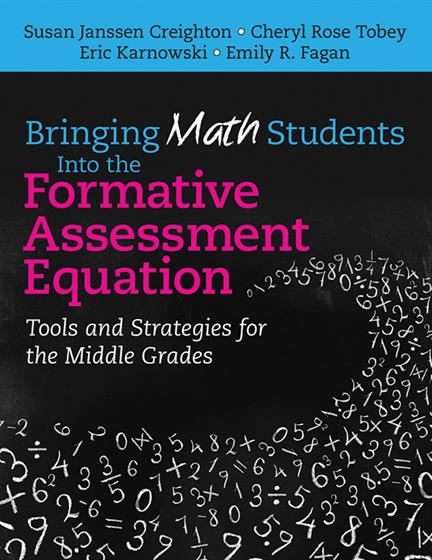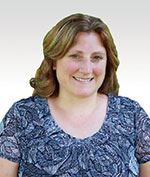Hands-on, Practical Guidance for Educators
From math,
literacy, science, equity, multilingual learners, and SEL, to assessment, school counseling,
and education leadership, our books are research-based and authored by experts
on topics most relevant to what educators are facing today.

Bringing Math Students Into the Formative Assessment Equation
Tools and Strategies for the Middle Grades
This research-based, teacher-tested guide features a clear and manageable instructional model, strategies for helping students own their success, middle school math examples, and a useful website.
Product Details
- Grade Level: PreK-8
- ISBN: 9781483350103
- Published By: Corwin
- Year: 2015
- Page Count: 312
- Publication date: January 22, 2015
Review Copies
Review copies may be requested by individuals planning to purchase 10 or more copies for a team or considering a book for adoption in a higher ed course. Request review copy



